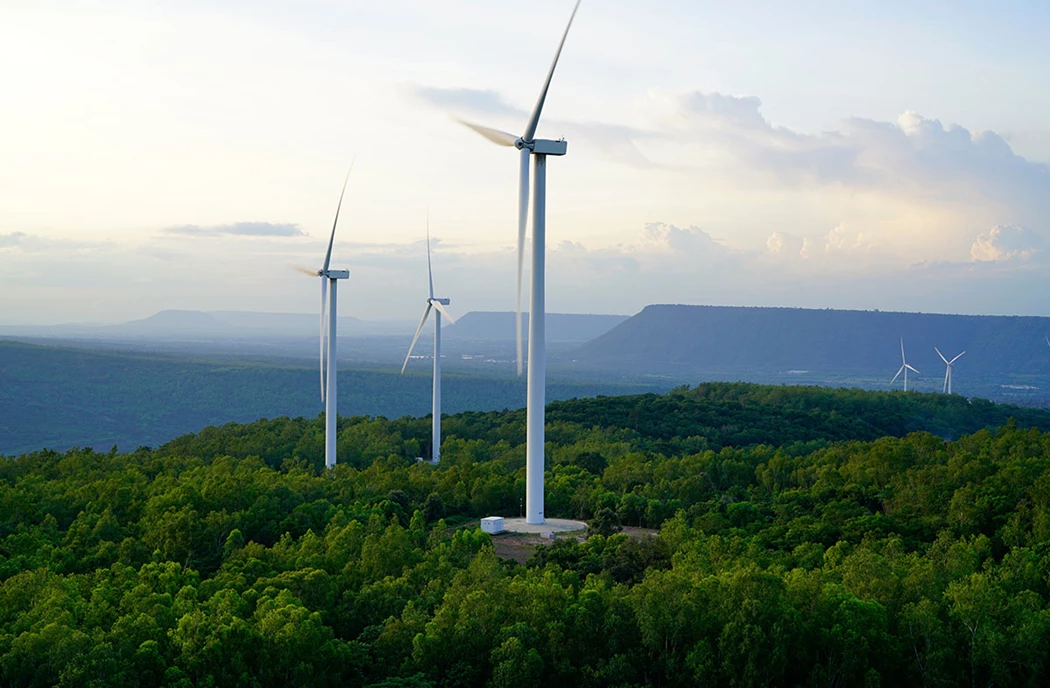Carney Bill to Speed Projects Passes Vote Despite Indigenous Opposition
(Bloomberg) -- Canada’s House of Commons cleared a bill to accelerate the building of major projects such as pipelines, but Indigenous groups are threatening to force a legal battle over it.
The legislation drafted by Prime Minister Mark Carney’s government aims to fast-track construction by allowing projects that are deemed in the “national interest” to receive a quicker review for environmental and other impacts. The bill now heads to the Senate, where it faces a final vote, expected next week, before becoming law.
Carney’s goal is to see big projects approved within two years, creating more certainty for companies and investors. The legislation, which meets an election campaign promise, creates a new federal office to handle the work of approvals.
“The process to build in this country, which has become too arduous, has taken too long, and has been holding us back, is changing,” he said at a news conference late Friday. “In the past, with every year that a proposal to build a port, a wind energy farm or a highway sat on an official’s desk, we were leaving investment, prosperity and jobs — people’s careers — on the table.”
But some Indigenous groups say they’re concerned the law gives the government power to ram projects through their territories without proper consultation.
If the bill passes, “nothing’s off the table” when it comes to legal challenges, Cindy Woodhouse Nepinak, national chief of the Assembly of First Nations, told lawmakers earlier this week. “You’re going to have legal wrangling right up the ying-yang if you don’t do the right thing and do this bill in a proper, respectful and good way. I think Canada can save itself years of litigation if it does that.”
Much of Carney’s news conference after the vote was devoted to addressing these concerns. He was joined by Indigenous Services Minister Mandy Gull-Masty.
“Through Indigenous equity and resource management, these projects will be built with Indigenous nations and communities,” Carney said, mentioning a C$10 billion ($7.3 billion) federal loan guarantee program which he doubled the size of and which has just started to underwrite deals.
Carney also said he’d meet First Nations on July 17, with more meetings afterward. Indigenous groups in Canada are playing a growing role in public and business affairs, following court victories as well as a cultural and political reckoning in the wake of Canada’s 2015 Truth and Reconciliation Commission, which advised 94 actions to redress historical wrongs done to them.
The Chiefs of Ontario, representing the province’s 133 First Nations, also pushed back against the bill. “Bill C-5 is a direct attack against the sovereignty and the jurisdiction of every First Nation in Ontario,” Ontario Regional Chief Abram Benedict told reporters this week.
The conflict evokes past controversies over large projects such as Northern Gateway, a proposed oil pipeline in western Canada that ran into significant opposition from Indigenous groups and was ultimately rejected in 2016 by the government of Justin Trudeau.
‘Turning Point’
Carney’s aim with the law is to signal a different approach to his Liberal predecessor. Some energy companies and other investors pulled back on infrastructure plans under Trudeau, citing long approval timelines and regulatory barriers.
First Nations are “not against development” but want to be included in the planning, said Alvin Fiddler, grand chief of the Nishnawbe Aski Nation in northern Ontario. He added that the legislation “will not apply in our territories” if it passes.
Not all Indigenous groups oppose the bill. The First Nations Major Projects Coalition, which has more than 170 members across Canada, said the bill may be “a turning point if it is designed and administered in true partnership.”
Dominic LeBlanc, the minister who would be responsible for designating projects as in the “national interest” under the legislation, and Rebecca Alty, the minister of Crown-Indigenous relations, defended the bill earlier this week in the Senate.
Ministers pointed out that one of the five criteria for a designating a project to be in the “national interest” is that it advances the interests of Indigenous people.
“I can appreciate where people are coming from, because to say, ‘Trust us, here’s the legislation’ — there’s been a lot of broken trust over the years,” Alty said. “We know that failing to uphold our legal responsibilities stopped projects, delayed projects, and we’re looking to advance projects.”
She also said the major projects office would include an Indigenous advisory council.
The bill, which includes a requirement that it be reviewed every five years, received the support of the Conservative Party. But some opposition lawmakers raised concerns and environmental groups have criticized the bill. One Liberal lawmaker voted against it, while one member of Carney’s cabinet — Minister of Canadian Identity and Culture Steven Guilbeault, a long-time environmentalist — did not vote.
The New Democratic Party successfully put forward a motion to split the bill, so that less contentious provisions that dismantle internal trade barriers could be voted on separately. That part of the legislation cleared the House as well.
(Updates with quote from Carney and additional context starting from fourth paragraph.)
©2025 Bloomberg L.P.





